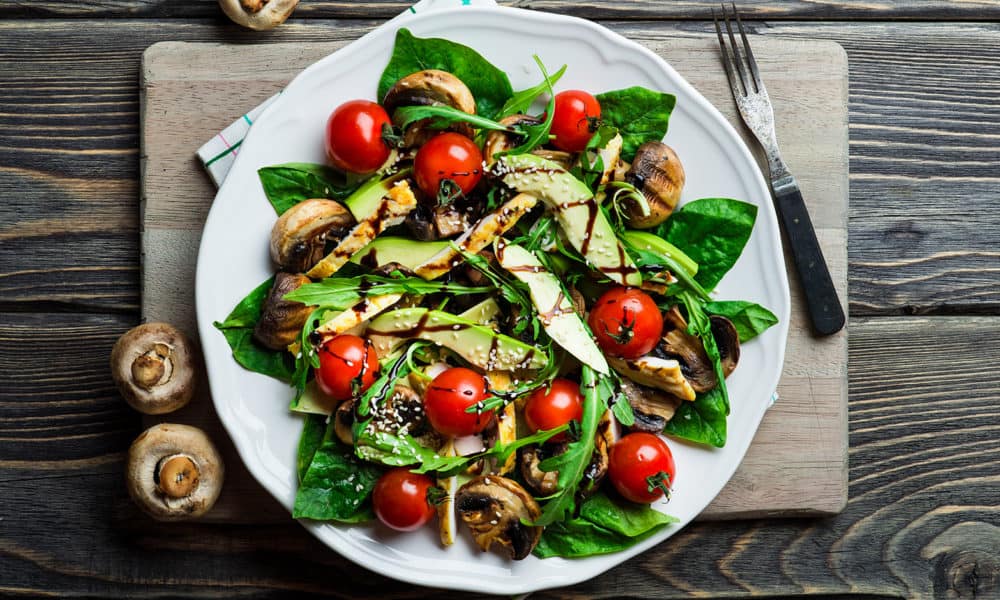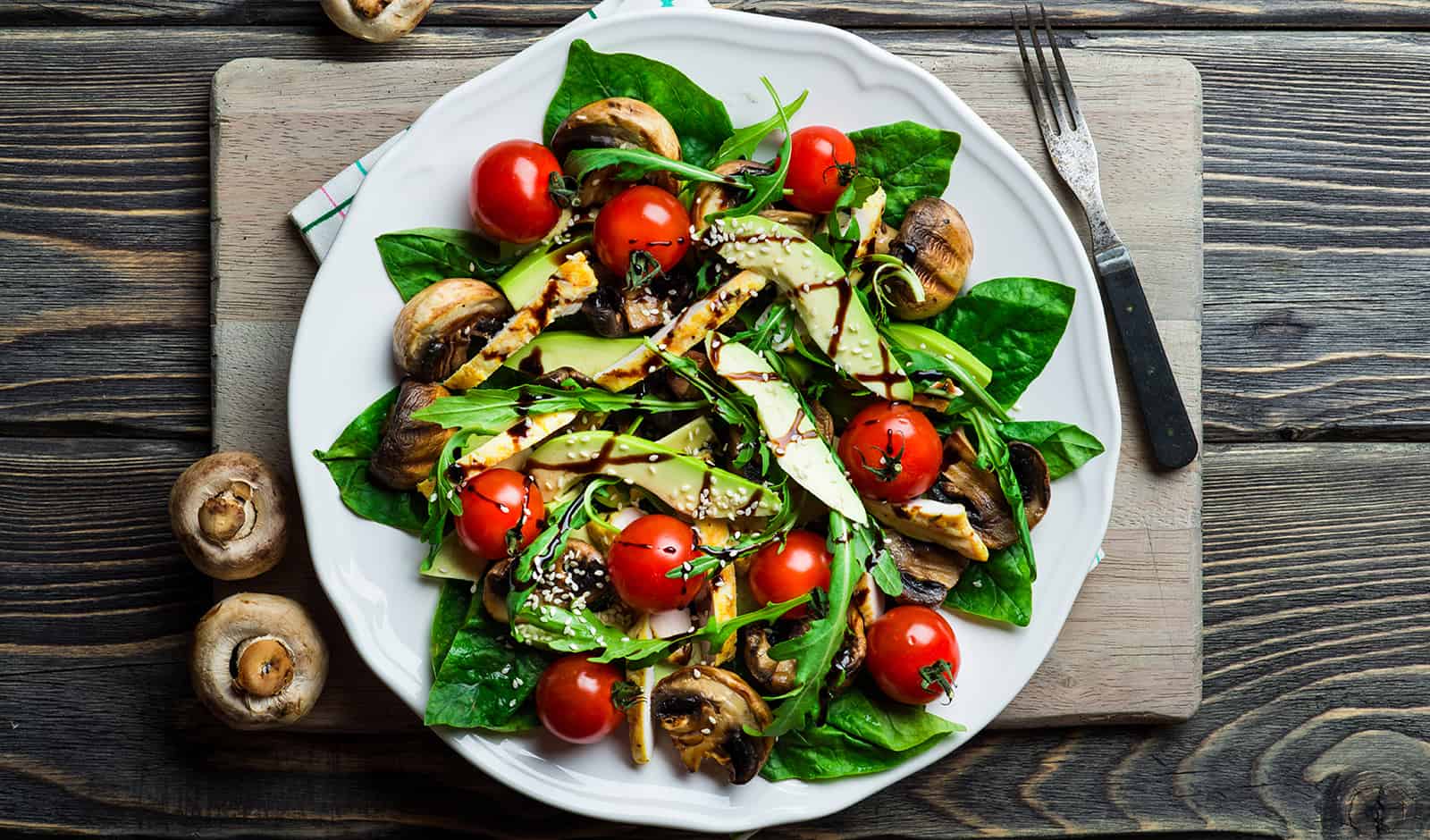

All B vitamins play numerous roles inside your body. For example, most of these vitamins are necessary for healthy metabolism and brain function. However, the most common food sources of these nutrients are dairy and animal products. What if you prefer plant-based products and want cruelty-free B vitamins? Here are vegan sources of B vitamins you can add to your daily meals.
1. THIAMIN (VITAMIN B1)
One of the most vital functions of thiamin is helping your body convert fats and carbohydrates into energy. Moreover, this B vitamin is essential for healthy skin, hair, and nails. Lastly, vitamin B1 is also necessary for the proper functioning of your brain, heart, and nervous system. The best sources of thiamin are:
- Flax Seeds
- Green Peas
- Tofu (Soybeans)
- Whole Grains like Brown Rice
- Acorn Squash
- Asparagus
- Hibiscus Tea
2. RIBOFLAVIN (VITAMIN B2)
Like thiamin, riboflavin is necessary to convert carbohydrates into energy. Aside from that, this B vitamin is essential for breaking down macronutrients and in creating red blood cells. The good news is that riboflavin deficiency is uncommon due to the numerous vegan sources of B vitamins you can consume. Some food rich in riboflavin are:
3. NIACIN (VITAMIN B3)
The most valuable health benefit you can get from vitamin B3 is lowering your risk of heart diseases due to the nutrient’s ability to balance blood cholesterol levels. But, that’s not all. Niacin is also essential for brain function and the formation of healthy skin. The best foods you can eat are:
- Portabella Mushrooms
- Peanuts
- Avocados
- Sweet Potatoes
- Hemp Seeds
- Chia Seeds
4. PANTOTHENIC ACID (VITAMIN B5)
Like niacin, pantothenic acid also promotes a healthy heart, which occurs by reducing your bad cholesterol levels and stabilizing your blood pressure. Aside from that, vitamin B5 also plays a vital role in energy metabolism and the adrenal gland’s production of stress and sex hormones. To get this nutrient, you can consume the following vegan sources of B vitamins:
- Shitake Mushrooms
- Sunflower Seeds
- Lentils
- Broccoli
- Tomatoes
5. PYRIDOXINE (VITAMIN B6)
Consuming foods rich in vitamin B6 is essential because this nutrient has several major roles in your body. For one, pyridoxine is necessary for the production of serotonin, a happy hormone. Moreover, vitamin B6 is also vital in creating antibodies that protect your body against harmful microorganisms. You can get this B vitamin in various plant-based products, which are:
- Bananas
- Potatoes
- Pistachio Nuts
- Figs
- Chickpeas
- Blackstrap Molasses
6. BIOTIN (VITAMIN B7)
The most popular benefit of biotin is its major role in maintaining healthy hair, skin, and nails. In fact, a lot of cosmetic products contain this nutrient. But, there’s more. Like other B vitamins, this nutrient has a part in supporting a healthy metabolism and heart. Fortunately, there are various vegan sources of B vitamins that contain this specific nutrient, including:
- Brewer’s and Nutritional Yeast
- Cauliflower
- Carrots
- Walnuts and Pecans
- Whole Grains like Barley and Oats
- Raspberries
7. FOLATE (VITAMIN B9)
As you know, vitamin B9 is a vital nutrient for pregnant women because it promotes proper fetal development. But, everyone should get a daily dose of this B vitamin. Remember, folate is also essential for producing healthy new cells and for the proper functioning of your nervous system. Thus, you need to consume folate-rich foods, such as:
- Brussel Sprouts
- Citrus Fruits like Grapefruit and Lemons
- Beets
- Asparagus
- Wheat Germ
- Papaya
8. COBALAMIN (VITAMIN B12)
Cobalamin benefits your memory, mood, digestion, heart, and energy levels. Unfortunately, a deficiency of this nutrient is common due to the limited plant sources. Nonetheless, you can still get vitamin B12 from the following products:
- Nutritional Yeast
- Fortified Plant-Milk Products
- Fortified Cereals
- Spirulina
- Seaweeds like Nori
- Shitake Mushrooms
Some people don’t want to avoid consuming animal products for fear of certain nutrient deficiencies. But, there are numerous vegan sources of B vitamins. As long as you include these plant-based products in your every meal, you can successfully transition to a vegan diet. Remember, a vegan lifestyle can offer a lot of health perks, like lowering your risk of cardiovascular diseases.
YOU MIGHT ALSO LIKE:
5 Popular Myths about Nutrition
























